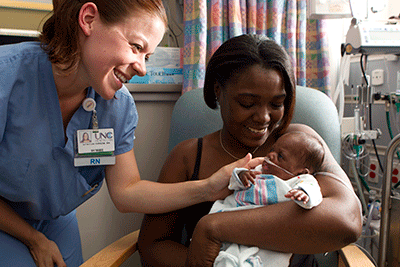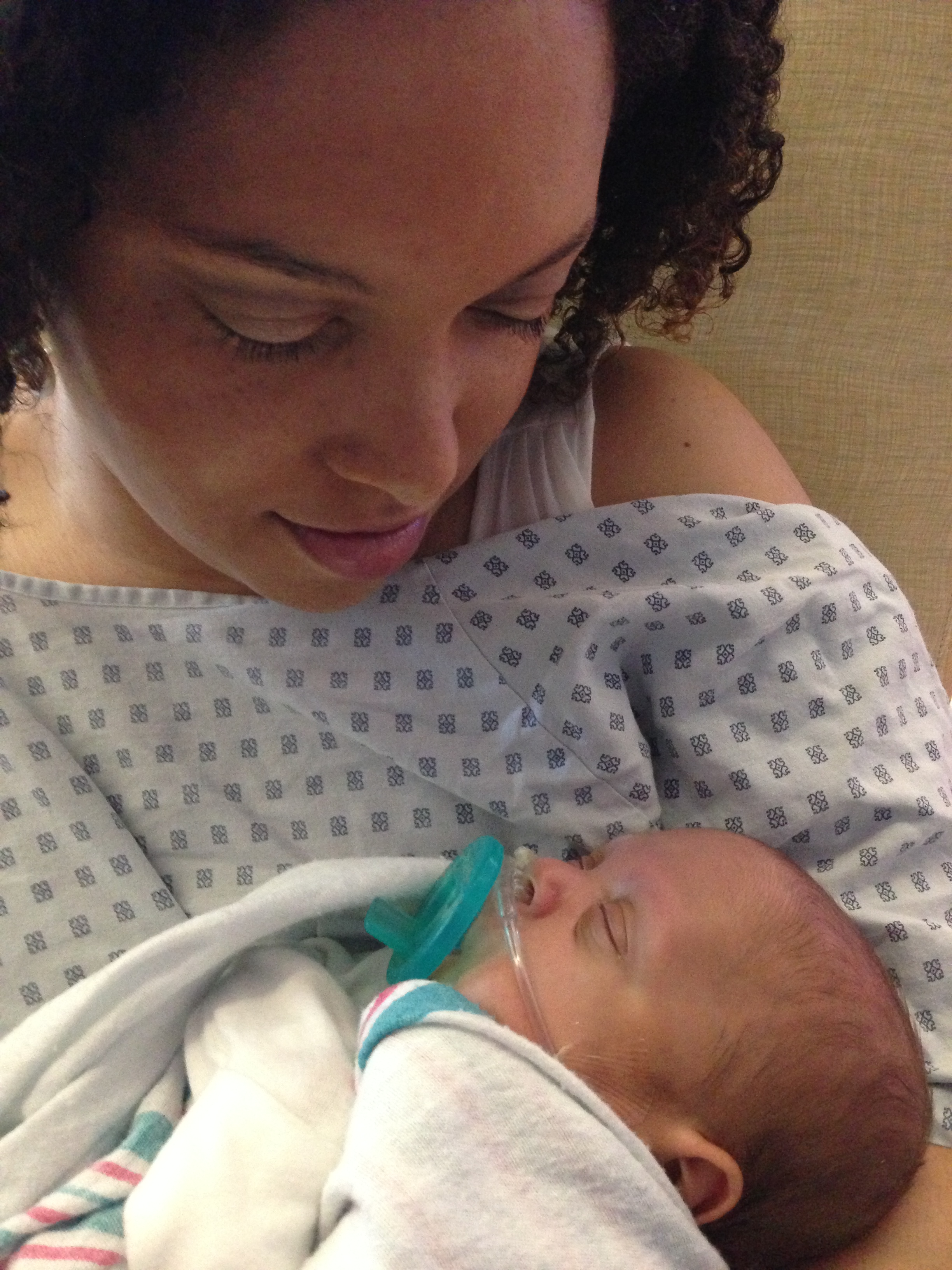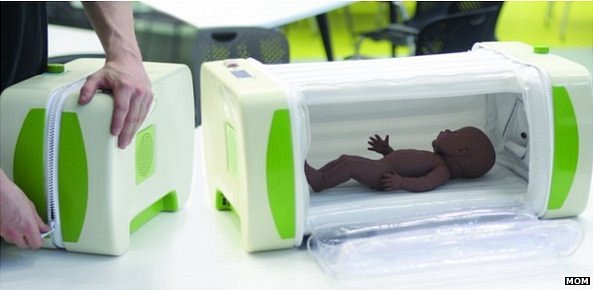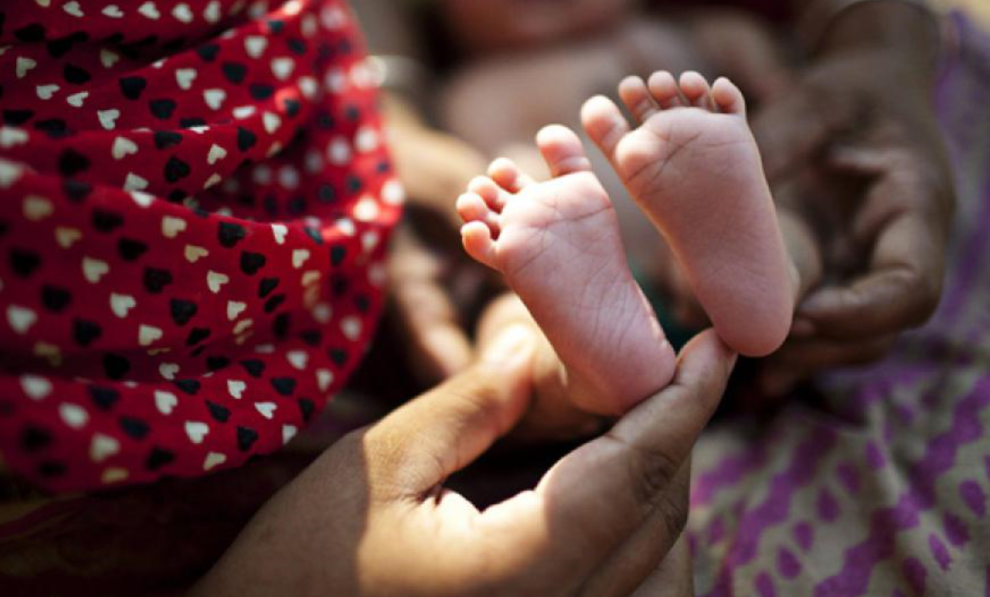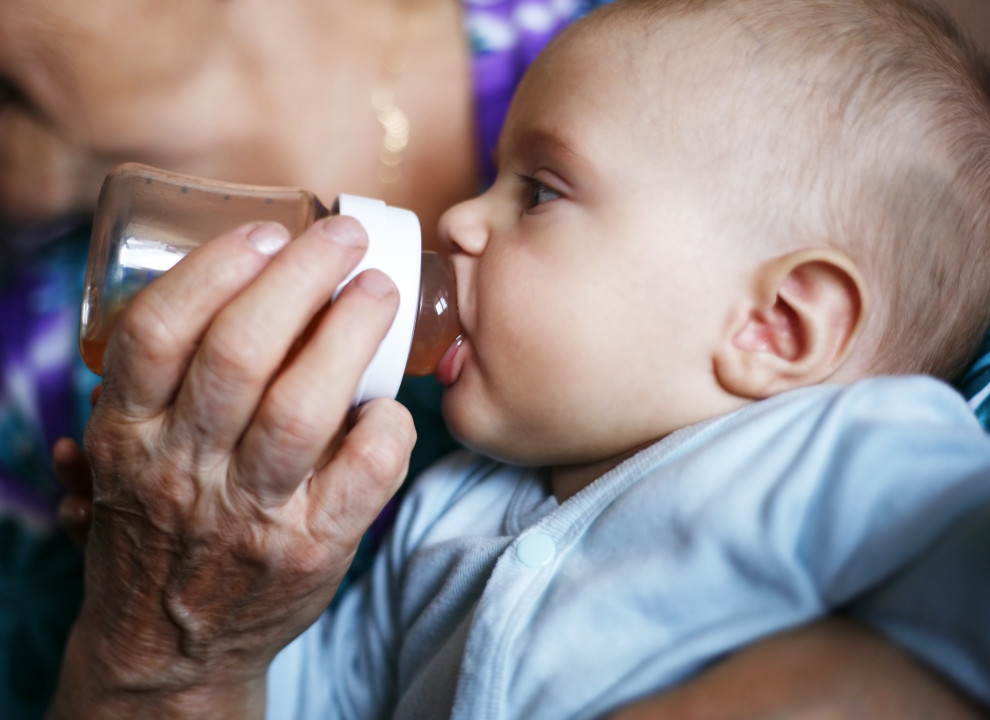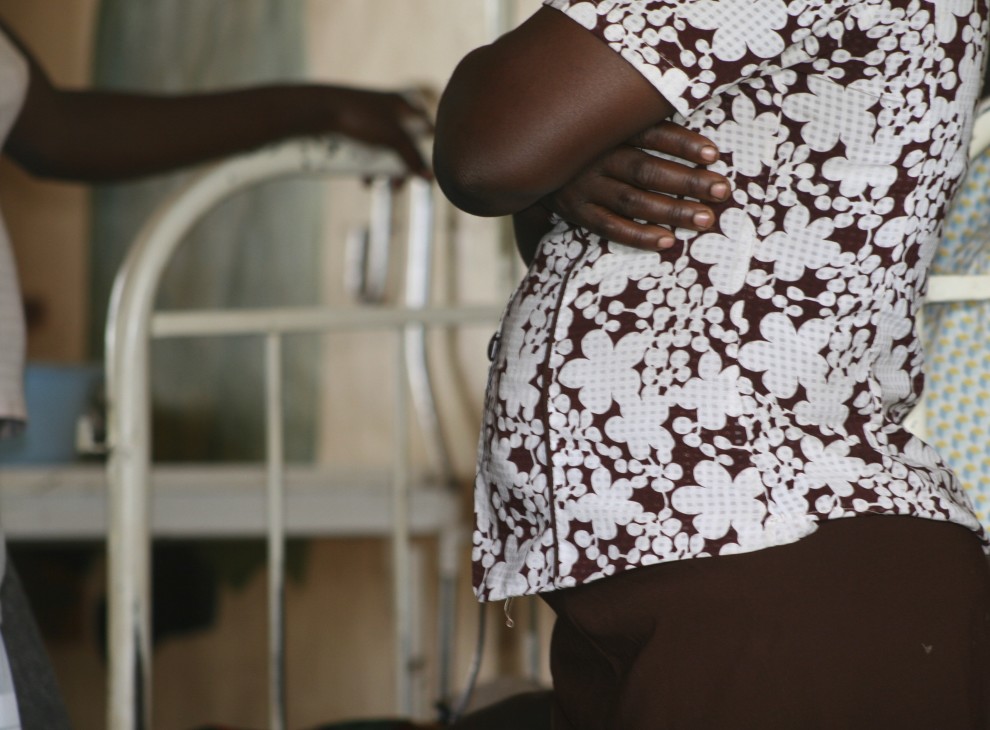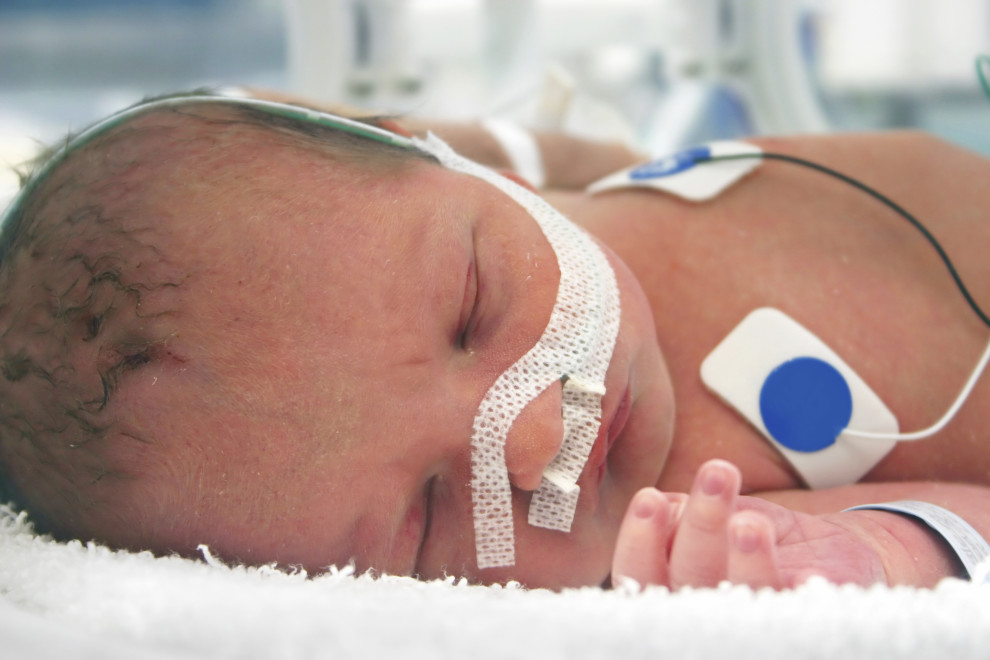Why we need a new model for parent education
Family-centered care is a model gaining popularity in NICUs across the country. Traditionally, babies are treated as patients and parents are viewed as visitors while their babies are in the hospital. But with the family-centered care approach, parents are given unrestricted access to the NICU, are encouraged to be highly involved in their baby’s care and are communicated with regularly about their baby’s condition and treatment. Many NICUs have rooms where parents can stay the night, or private rooms where parents can more easily engage in activities like breastfeeding and Kangaroo Care. Some NICUs even go as far as inviting parents to participate in daily rounds in which doctors and nurses discuss and decide on the baby’s treatment plan for the day.
The goal of family-centered care is to strengthen the family unit and to empower parents with the knowledge and support they need to nurture and guide their child’s development, both in the NICU and after the baby comes home. The benefits of this approach are clear. A pilot study at a hospital in Canada found that babies cared for through family-centered care were discharged three to five days sooner than babies in traditional programs, gained weight 25% faster, and 80% of them were successfully breastfeeding by the time they went home.
Unfortunately, not all parents are able to participate in family-centered care. Those who live long distances from the hospital, have other children at home, are teen mothers attending school, are low-income or who need to continue working while their baby is in the NICU are often not available to be highly involved in their baby’s care. For these parents, other methods of support and education are critical.
Parent education for parents of preemies not only reduces stress and anxiety for parents, but also improves outcomes for the babies. A study conducted in Norway showed that when parents of premature babies received just 11 hours of training, their children had higher IQ levels and fewer behavioral problems at age 3. When parents are educated on important warning signs, when to consult a doctor and critical interventions, parent education can also save lives. The problems is that often the people who need this information the most are typically the ones who are least accessible to receive it.
Pebbles of Hope is working to bridge this gap by providing educational materials for parents of premature babies around the world in a variety of formats, in multiple languages and through digital platforms that can provide wide distribution. Our goal is to ensure that all parents of preemies, regardless of where they live or whatever their family or financial situation may be, are empowered to take the steps necessary to ensure the best outcomes for their babies. To learn more about Pebbles of Hope and our programs, visit our website at www.pebblesofhope.org, find and like us on Facebook or follow us on Twitter.

